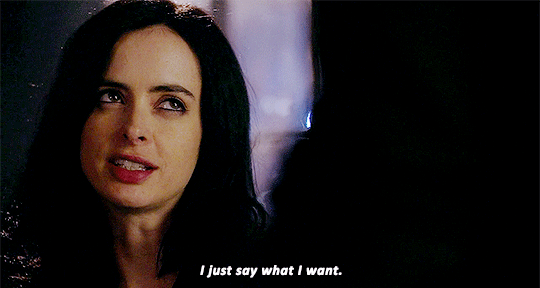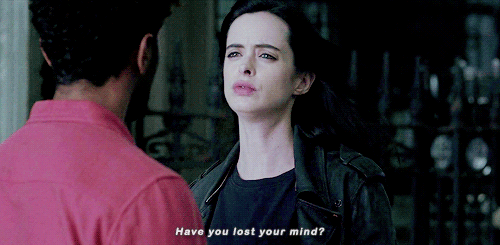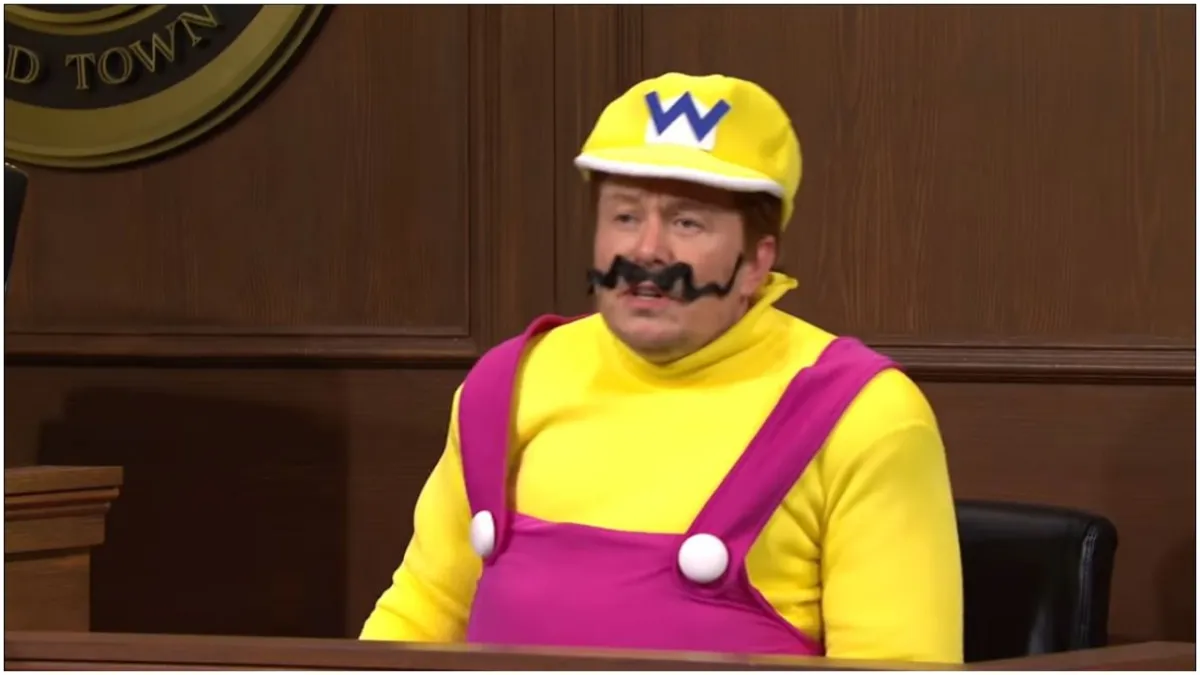Disney, like CBS and DC Entertainment, is taking a huge gamble on the fact that we love their content so much that we’ll be willing to pay for their separate streaming service, where their content will be available exclusively. When will these media companies learn that streaming services aren’t their direct competition? The streaming services have already won.
As reported by /Film, Disney will not make future Marvel shows available to Netflix. Instead, they will only be available on their Disney streaming service, which will launch in 2019. They’re also planning on moving the entire Disney catalog of films from Netflix over to their own streaming service, and while there’s no word on whether the current Marvel/Netflix shows—Daredevil, Jessica Jones, Luke Cage, Iron Fist, The Defenders, or The Punisher—will also be taken from Netflix and made exclusive to their service, I wouldn’t be surprised if that’s what ended up happening.
I can see why Disney thinks this is a good idea. We have SUCH a huge catalog, they’re probably saying to themselves. We have Marvel, which everyone LOVES. We have Pixar. We have ABC. We have so many things people want. Of COURSE they’ll pay for our streaming service!
You know what Disney doesn’t have? Everything else.
Yes, Disney has a huge catalog full of amazing film and television content. I love so much of it. But it’s not all I love. What always amazes me is how much media companies are missing the point when it comes to streaming services like Netflix, Hulu, and Amazon. Companies like Disney, CBS, or DC seem to think that what they’re in competition with is the streaming services’ original content, but they’re not.

What they’re in competition with is the fact that streaming services not only offer their own original content, but they also offer content from other sources. It’s one-stop shopping. I don’t watch every Netflix show, or every Hulu or Amazon Original, but I have those services, because in addition to their programming, I have access to programming from other studios and production companies. The streaming services are in competition with each other based on what deals they can make and what they can acquire.
But the streaming services are not in competition with individual networks, studios, and production companies. They’ve already beaten them via the service they offer. They’ve created the new model, and it’s up to those networks and studios to get on board.
Viewers like options. Since the beginning of television, viewers have never paid for individual channels. They’ve paid for services that provide them with several options. Broadcast TV didn’t require money coming out of their pocket, because advertisers paid for their programming. Cable television still provided channels in bundles. And sure, this means that you’re sometimes paying for channels you don’t even want, but you’re not paying extra for it—it just comes with the bundle—so it’s no skin off the viewers’ noses.
Netflix, Hulu, and Amazon didn’t start out creating their own content, and that’s what it seems like older broadcast networks and content companies are continually forgetting. Those services became popular because they provided a less-expensive alternative to cable bundles, providing a variety of content for cheap. It was only when they 1) became A Thing and 2) had to start competing with each other that they started developing original content.
And struck fear in the hearts of the companies they were hosting.
That successful formula, however, doesn’t work in reverse, and there are some companies that seem to acknowledge that. HBO, Showtime, and Starz, for example, offer their own digital subscriptions, but they also provide Hulu and Amazon with add-on subscriptions for their subscribers, where you can pay a little extra to have access to their libraries.
These companies seem to understand that, rather than throwing all your eggs into one basket, it’s a wise business decision to go where the people are, and allow them options. I pay $8/month extra for my Hulu subscription so that I can subscribe to Showtime, because I like Showtime’s programming enough to add it to Hulu, but I don’t love it enough to buy it on its own if that were the only option.
My hope is that Disney wises up, and rather than entering into a non-existent competition with Netflix, that they embrace Netflix and make a similar deal with them for an add-on Disney subscription. I think they might find that people are willing to pay just for the Disney name … so long as they can continue to conveniently and inexpensively get other content, too.
(image: Netflix)
Want more stories like this? Become a subscriber and support the site!
—The Mary Sue has a strict comment policy that forbids, but is not limited to, personal insults toward anyone, hate speech, and trolling.—









Published: Nov 9, 2017 04:47 pm